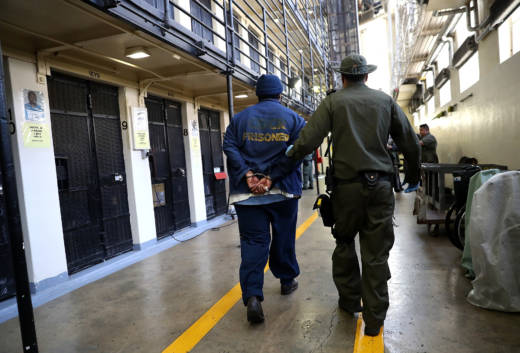Update, 9:12 a.m. Wednesday: In unofficial returns, with all precincts counted, California voters have chosen to uphold capital punishment, rejecting Proposition 62 by 54-46 percent,.
Californians narrowly approved speeding up the process, approving Proposition 66 by 51-49 percent.
Returns Wednesday morning show California voters rejecting Proposition 62 -- an effort to end capital punishment in the state -- and approving a competing measure that would streamline executions.
Before the election, backers and opponents of both Propositions 62 and 66 agreed that California's death penalty system was broken. Although nearly 900 death sentences have been handed down since California reinstated the capital punishment in 1978, there have been just 13 executions.
Legal appeals had already dragged on for decades when federal Judge Jeremy Fogel put a stop to executions in 2006. There hasn't been one since, and California's death row population has grown to 750.
